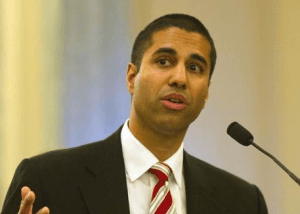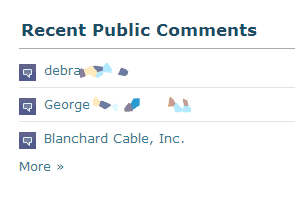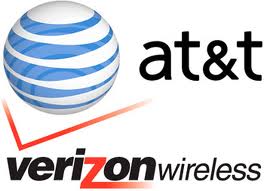Republican FCC Commissioner Ajit Pai has warned forthcoming court rulings on Net Neturality could set the stage for more active oversight of Internet Service Providers, including a possible ban on usage-based pricing and data caps.
Speaking at the 2012 Annual U.S. Telecoms Symposium at the Phoenix Center in Washington, D.C. Dec. 6, Pai said 2013 will be an important year for broadband policy.
“The most important action probably will not occur either at the FCC or on Capitol Hill,” Pai said. “Instead, it will take place in the federal courthouse about a mile away on Constitution Avenue.”
The D.C. Court of Appeals is currently weighing a court challenge from Verizon that argues the federal agency has no regulatory authority to implement and oversee the open Internet policies that are the cornerstone of Net Neutrality.
Republicans have traditionally been hostile to the concept of Net Neutrality, because it restricts private providers from using network management concepts that could open up new revenue streams. Without Net Neutrality, providers could artificially reduce the performance of certain websites while enhancing others, usually based on financial agreements.
Many Democrats and consumer advocates want Net Neutrality to guarantee that all websites are treated equally, and that paying customers deserve a service unfettered by artificial obstacles or additional expense imposed by providers.
Even if the court finds in favor of Verizon, Pai fears the FCC’s Democratic majority will respond by emphatically asserting its oversight powers, reclassifying broadband as a “telecommunications service.” Since the Bush Administration, broadband has been regulated as an “information service,” subject to more restricted oversight.
“Should the D.C. Circuit uphold the FCC’s order, I would expect to see revitalized efforts to expand the Commission’s regulation of the Internet,” Pai said. “In particular, I would not be surprised if the FCC looked into whether we should stiffen our oversight of the network management practices of wireless broadband providers and whether we should begin to regulate usage-based pricing.”
“Under no circumstance will I support […] reclassification,” he added. “I am convinced that grafting the creaky, burdensome common carrier regulations onto the Internet would dramatically slow broadband deployment, reduce infrastructure investment, frustrate innovation, hamper job creation and diminish economic growth.”
Current FCC Chairman Julius Genachowski has expressed repeated support for usage-based pricing in the market as an innovation in Internet pricing. With the chairman and his Republican colleagues in agreement, it seems unlikely the agency will consider curtailing the practice. So far, the FCC has not even responded to repeated requests to further investigate usage pricing and data caps.


 Subscribe
Subscribe










